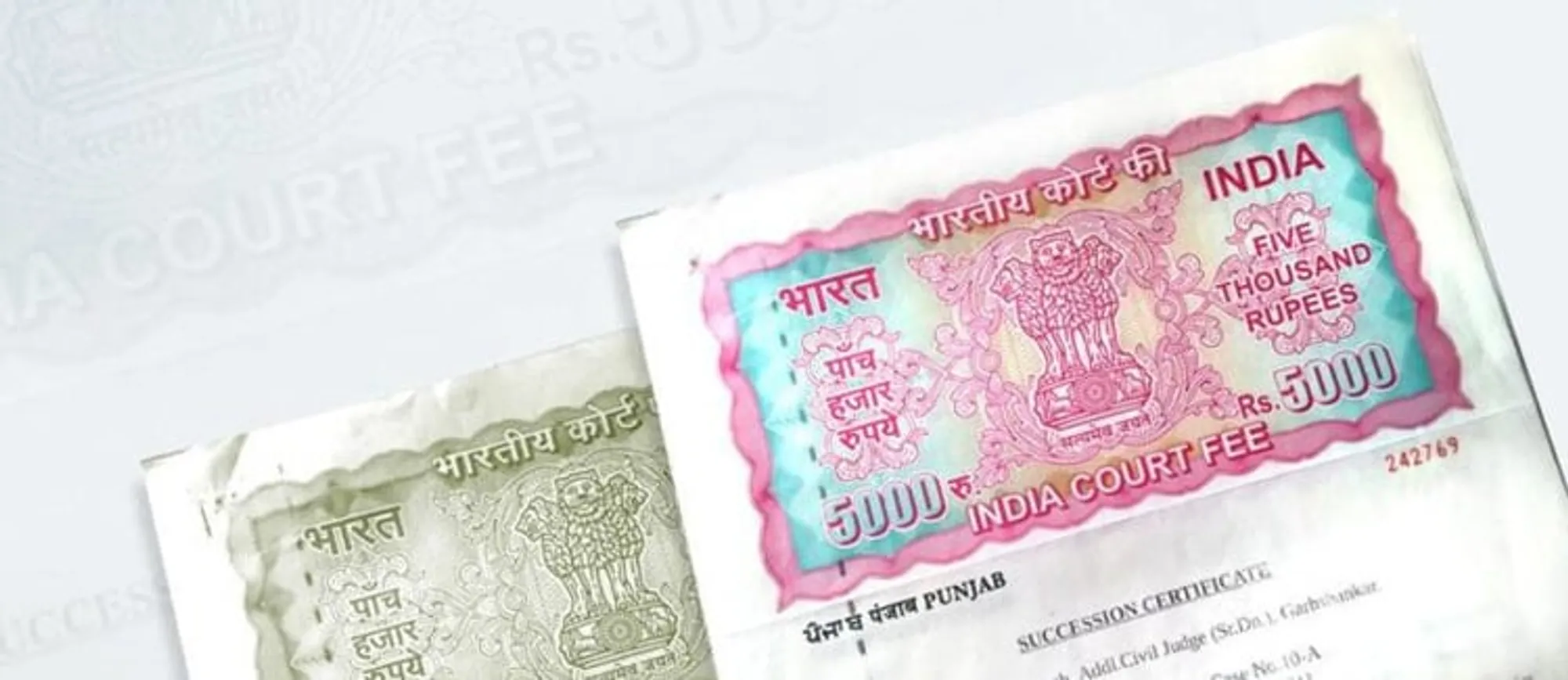Table of Contents
STEP 1: TRANSFER TITLE OF THE PROPERTY
After inheriting the property from your ancestor, the first thing that you must do is transfer the title of the said property to your name. This can be done by the process called ‘mutation of revenue records’. For this you would need a copy of the will; in case there isn’t one, a Succession Certificate from a local court would work too.
STEP 2: GET THE REQUIRED DOCUMENTS IN ORDER
Here’s a list of all the documents that you would require:
- Original Purchase Agreement, i.e. title document of the said property.
- Original Share Certificate, in case of the unit in a co-operative society.
- No objection certificate, issued by the said society.
- Copy of approved plan and occupation certificate, which would be issued by the concerned authority, a municipal corporation.
- Lawyer certificate, in case the seller does not possess the original documents stated above, a certificate from his lawyer proving that he is the rightful owner would be required.
- PAN number, It is essential to apply for Tax Exemption Certificate under Section 197.
STEP 3: IDENTIFYING PREFERRED SALES METHOD
To carry out the transaction for the sale, the NRI can either hire a professional company or he can do it himself. These companies provide end-to-end solutions including the identification of buyer, handling legal issues, due diligence and the tax issues. But, for these services that they provide, they charge a fee, which is a percentage of the sales’ consideration.
STEP 4: COMPLETING THE TRANSACTION
This can also be referred to as the actual process of the sale, and this can further be divided into the following steps:
- Identifying the sale value, in case you have hired a firm, they would provide you with the complete data to determine the price such as the value of similar properties in the same locality. If you are doing the transfer on your own, you would require the similar data.
- Managing structure of the transaction, unlike the prevalent practice of use of cash, something that the NRIs do not prefer using, one can easily sell the property without involving the cash component.
- Issue an Admit Power of Attorney, an Admit PoA states that while the documents are executed by the owner, the PoA holder would merely represent him in the registration office.
- Tax Issues, immovable property sold after 3 years of purchase is taxed at 20.6% in India. Further, in case of NRIs, it is imperative for the buyer to deduct tax at source, which presents another set of complications for the NRIs.

